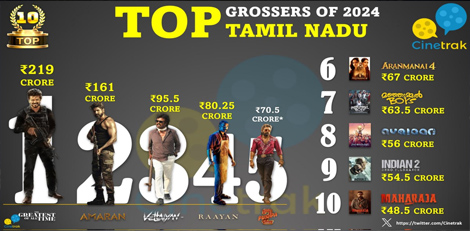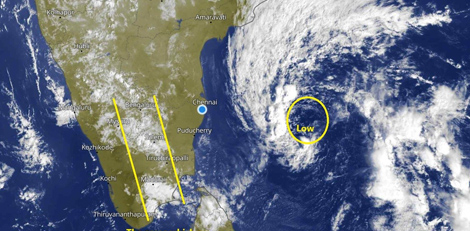TCS transforming rural banking and postal services
Posted on: 12/Sep/2020 9:42:34 AM

Technology in Indian banking comprises many layers, especially across the hinterland financial landscape. These layers emerge in the foreground when physical courier services are used to deliver cheques to a central clearing repository, or computers run possibly without intra or internet; or security systems need upgrades, or via the presence (or absence) of a physical bank � a brick and mortar structure.
Traditional Indian banking culture can best be described as one of �going to the bank to update my passbook�, or where rural wage laborers and day earners simply hold onto daily cash with no way to deposit it into a centralized, electronic system.
But the world�s largest digital financial inclusion program is changing all of this.
In Manapadu, a village in the Indian state of Tamil Nadu, a group of women gather around Ranjani, some with cash in hand and others with empty and outstretched palms. Ranjani is a local entrepreneur who bridges the last mile between the bank branch and this village with its population of just 2,800. She delivers the cash when the villagers need it and collects deposits from those who have some money to spare.
The �bank� she carries with her is a simple laptop or point-of-sale (PoS) device, with which she carries out the authentication against the villagers� Aadhar/debit card before the cash exchanges hands.
The branchless banking platform, �a pocket mobile bank�, can function on multiple devices � from POS machines to cellphones -- and is releasing India�s rural and underprivileged folk from within the invisible folds of an unorganized economy.
With 300 million Jan Dhan accounts having opened through this technology-infused financial inclusion program, as many Indian citizens are now �counted in� and their productivity accounted for.
That�s not all. The digital banking platform sees 10 million daily transactions from rural locations with 125,000 touch points enabled through TCS� digital financial inclusion network, proving that technology is that one great last-mile leveler.
Snail mail hops onto the digital fast track
Similar to the reimagination of rural banking is the makeover of one of India�s most expansive public services � India Post. Postal mail is an essential service, a carrier of vital communication and financial services to some of India�s most inaccessible and off-the-grid corners.
The story of the digital transformation of the post office network sees technology pull together 155,000 post offices into a cohesive inter-linked system that operates on a single platform.
This instance of a public service overhaul puts the world�s largest and most complex postal network as its hero front and center � a hero who ran the last mile using technology, delivering over 740 million premium mails in the FY19-20 financial year alone.
As part of the India Post digital makeover, mobile POS devices placed in the hands of postal delivery workers mean that if a rural resident can�t get to a post office, the post office will go to them.
It is also important to remember that the Indian postal service provides not just snail mail, but financial services as well. The technology platform has enabled payroll and pension disbursement for over 860,000 people within one year.
Furthermore, in this post office transformation story, the use of the all-encompassing digitalized platform allows for centralized and omni-channel customer interactions � via the web, a cellphone, or, as mentioned earlier, a POS device in the hands of the door-to-door postal worker.
The platform furthers social inclusion through 24x7 call-center services in 12 Indian languages, as well as a bi-lingual portal that offers consignment tracking. Did we also mention that the India Post has given online retail a boost in India�s interiors? There have been 2.7 billion retail and nearly 35 million money transfer transactions carried out in one year -- all bolstered by this technological reimagination.
This is what a strong last-mile partner ensures. No one stays invisible and nothing gets left behind. Digital technology empowers all.







